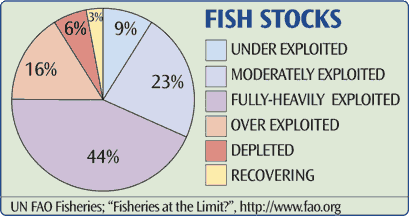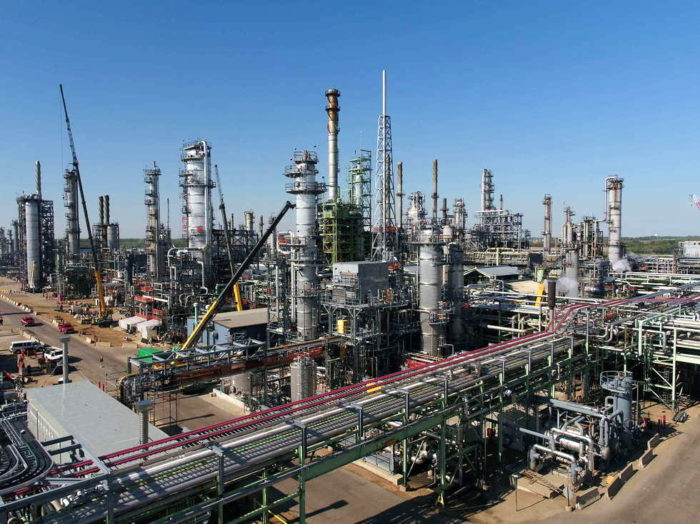Efficiency means the last hauls of fish could be the most full and the last oil extracted could be cheapest
People keep suggesting that markets will adjust to scarcity. Sometimes, but not always, especially when innovation and technology develop faster than they can react.
For example, with fishing, we develop tools to find fish with sonar and satellites, other tools to haul them in better, improved boats, tools to unload and ship them, and so on. The short-term result: we increase the fish hauls even as fish populations drop. The long-term result could be that our last hauls of fish could be the most full, not signaling the market so it won’t adjust except when it’s too late.

Likewise with oil. We use oil to find and extract oil. We find new ways of creating oil, like fracking. The short-term result: we increase the oil per well, even as the amount we can access becomes smaller. The long-term result could be that our last extractions could be the fastest, not signaling the market so it won’t adjust except when it’s too late.

Economic theory is nice, but it doesn’t always predict accurately. Developing resilience and leaving enough as good in common for others when taking from nature could help avoid these problems.
Read my weekly newsletter

On initiative, leadership, the environment, and burpees